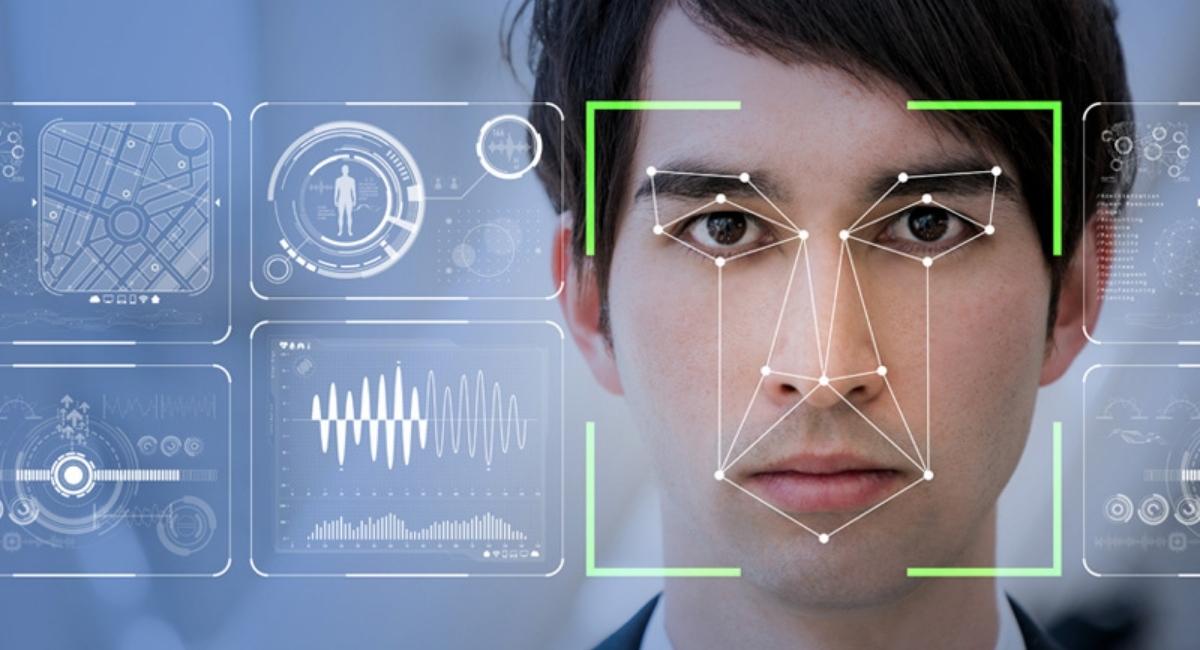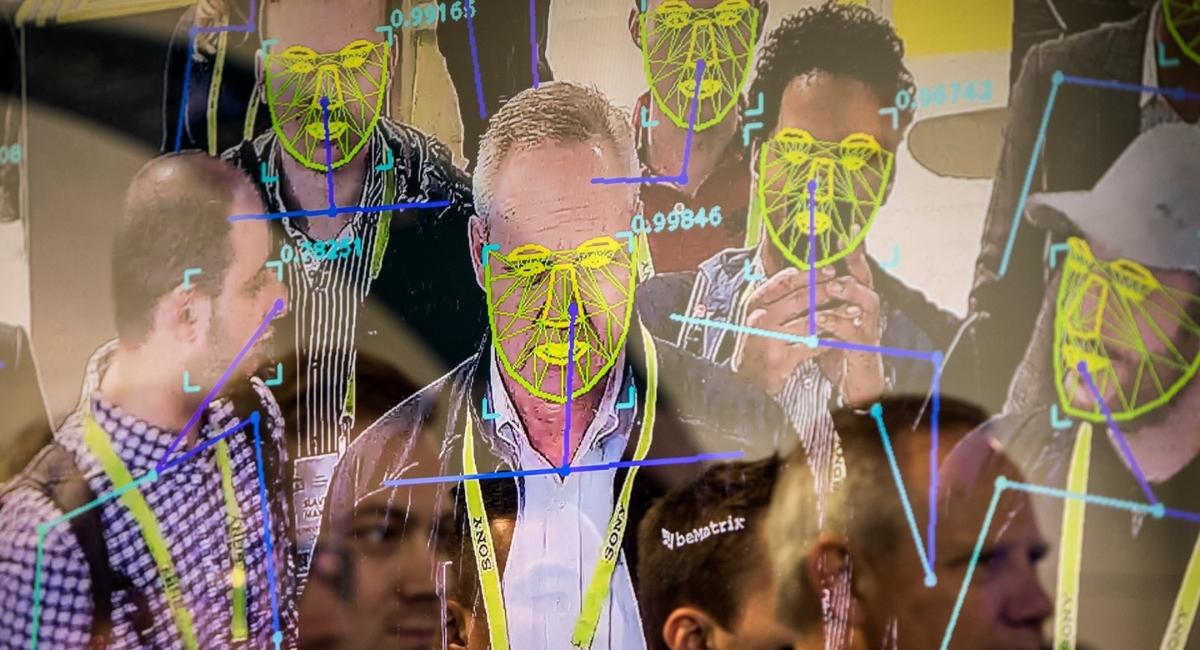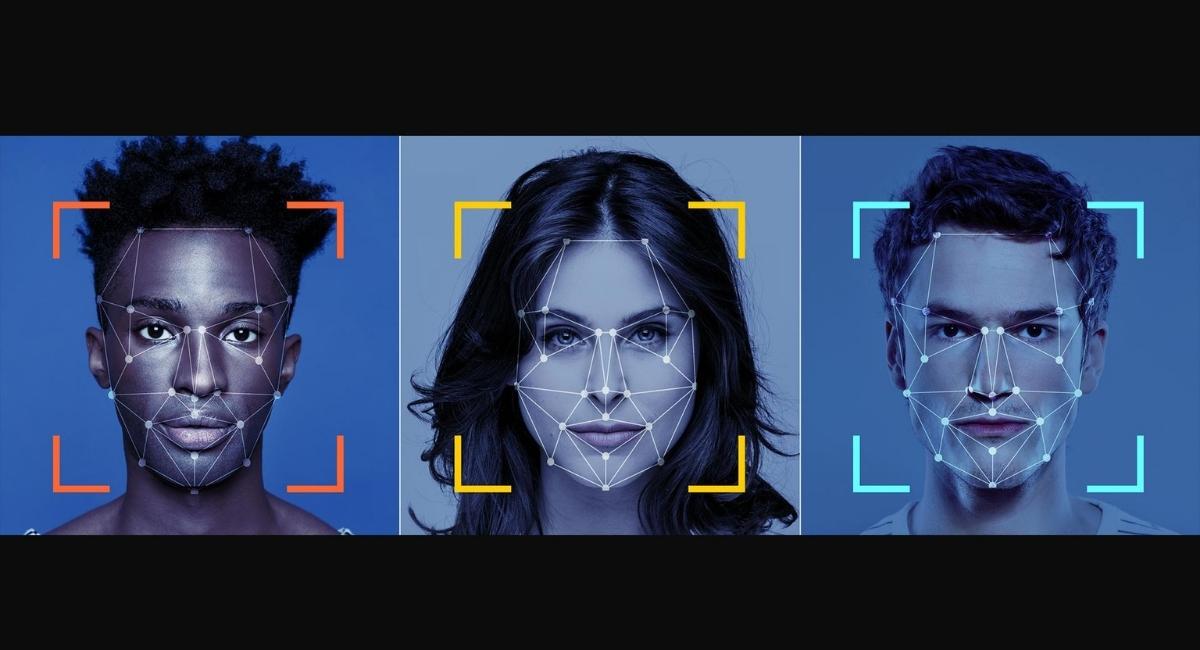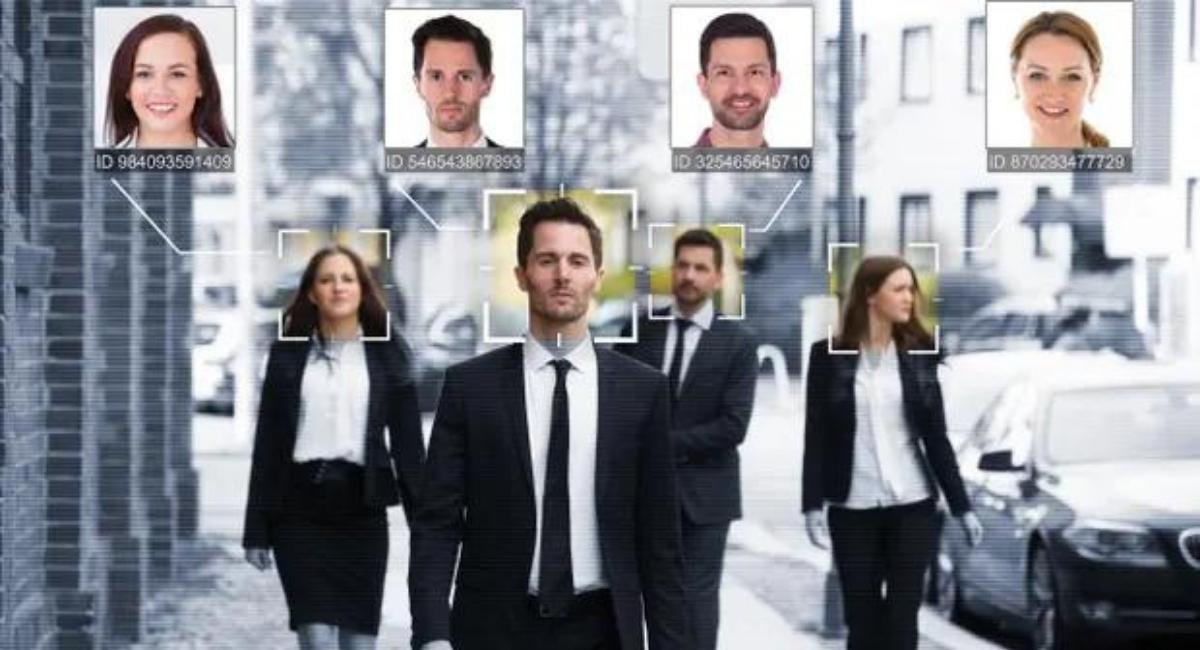Researchers Propose a Model Law for Facial Recognition Technology
September 27, 2022 By Alberto Mesti

(Image Credit Google)
In a recent report (titled Facial Recognition Technology: Toward a Model Law), the Human Technology Institute at the University of Technology Sydney (UTS) outlined a model law for face recognition technology that would guard against improper use of the technology while simultaneously encouraging innovation for the sake of society.
Facial recognition technology was not taken into consideration when Australian law was written. The research, led by UTS Industry Professors Edward Santow and Nicholas Davis, makes reform recommendations for Australian law modernization, particularly focusing on dangers to privacy and other human rights.
The Dangers of Facial Recognition Technology
Facial recognition and other remote biometric technologies have become quite popular recently. And that led to worries about privacy invasion, widespread surveillance, and unfairness—especially for women and people of color—when the system makes mistakes.
 For instance, a consumer advocacy group's study in June 2022 found that some major Australian retailers were utilizing face recognition technology to identify customers entering their stores. And this greatly alarmed the public and prompted calls for tighter regulation. Thus, people have been demanding facial recognition law change both domestically and abroad.
For instance, a consumer advocacy group's study in June 2022 found that some major Australian retailers were utilizing face recognition technology to identify customers entering their stores. And this greatly alarmed the public and prompted calls for tighter regulation. Thus, people have been demanding facial recognition law change both domestically and abroad.
The Model Law Proposal By UTS
The most recent report answers those requests. It acknowledges that our faces are unique in that people rely primarily on one another's faces to recognize and communicate. And because of this dependence, we are more susceptible to human rights violations when some parties abuse or overuse this technology.
"When facial recognition applications are designed and regulated well, there can be real benefits, helping to identify people efficiently and at scale. The technology is widely beneficial to people who are blind or have a vision impairment, making the world more accessible for those groups," noted Professor Santow, the current co-director of the Human Technology Institute and a former Australian Human Rights Commissioner. However, he claims that there should be some regulation in place to ensure people use this technology in ways that protect fundamental human rights. Hence, this new report "proposes a risk-based model law for facial recognition."
 Furthermore, Professor Davis, co-director of the Human Technology Institute and a former member of the executive committee at the World Economic Forum in Geneva, said that the current legal system has flaws. Therefore, he remarked that many "civil society organizations, government and inter-governmental bodies, and independent experts" are raising concerns about the risks posed by existing and future facial recognition applications.
Hence, the latest study requests the Australian Attorney-General Mark Dreyfus to lead a national facial recognition reform process. In addition, it recommends the government assign regulatory responsibility to the Office of the Australian Information Commissioner to oversee the development and use of this technology.
Furthermore, Professor Davis, co-director of the Human Technology Institute and a former member of the executive committee at the World Economic Forum in Geneva, said that the current legal system has flaws. Therefore, he remarked that many "civil society organizations, government and inter-governmental bodies, and independent experts" are raising concerns about the risks posed by existing and future facial recognition applications.
Hence, the latest study requests the Australian Attorney-General Mark Dreyfus to lead a national facial recognition reform process. In addition, it recommends the government assign regulatory responsibility to the Office of the Australian Information Commissioner to oversee the development and use of this technology.
About the Model Law
The model law outlines three tiers of risk to the human rights of an individual (and also the community) affected by the use of a specific face recognition technology application.
 According to the model law, everyone who creates or uses facial recognition technology must determine the degree of human rights risk associated with it. The public and the regulatory body might then contest that assessment. Moreover, the model law then lays out a comprehensive list of legal requirements, limitations, and prohibitions based on the risk assessment.
According to the model law, everyone who creates or uses facial recognition technology must determine the degree of human rights risk associated with it. The public and the regulatory body might then contest that assessment. Moreover, the model law then lays out a comprehensive list of legal requirements, limitations, and prohibitions based on the risk assessment.
By Alberto Mesti
Introvert. Eccentric at times. A fashion enthusiast, designer and writer. Lives for the drama, hates being at the centre of it. Can be best described as \'wannabe modern day Lady Whistledown\'.


 For instance, a consumer advocacy group's study in June 2022 found that some major Australian retailers were utilizing face recognition technology to identify customers entering their stores. And this greatly alarmed the public and prompted calls for tighter regulation. Thus, people have been demanding facial recognition law change both domestically and abroad.
For instance, a consumer advocacy group's study in June 2022 found that some major Australian retailers were utilizing face recognition technology to identify customers entering their stores. And this greatly alarmed the public and prompted calls for tighter regulation. Thus, people have been demanding facial recognition law change both domestically and abroad.
 Furthermore, Professor Davis, co-director of the Human Technology Institute and a former member of the executive committee at the World Economic Forum in Geneva, said that the current legal system has flaws. Therefore, he remarked that many "civil society organizations, government and inter-governmental bodies, and independent experts" are raising concerns about the risks posed by existing and future facial recognition applications.
Hence, the latest study requests the Australian Attorney-General Mark Dreyfus to lead a national facial recognition reform process. In addition, it recommends the government assign regulatory responsibility to the Office of the Australian Information Commissioner to oversee the development and use of this technology.
Furthermore, Professor Davis, co-director of the Human Technology Institute and a former member of the executive committee at the World Economic Forum in Geneva, said that the current legal system has flaws. Therefore, he remarked that many "civil society organizations, government and inter-governmental bodies, and independent experts" are raising concerns about the risks posed by existing and future facial recognition applications.
Hence, the latest study requests the Australian Attorney-General Mark Dreyfus to lead a national facial recognition reform process. In addition, it recommends the government assign regulatory responsibility to the Office of the Australian Information Commissioner to oversee the development and use of this technology.
 According to the model law, everyone who creates or uses facial recognition technology must determine the degree of human rights risk associated with it. The public and the regulatory body might then contest that assessment. Moreover, the model law then lays out a comprehensive list of legal requirements, limitations, and prohibitions based on the risk assessment.
According to the model law, everyone who creates or uses facial recognition technology must determine the degree of human rights risk associated with it. The public and the regulatory body might then contest that assessment. Moreover, the model law then lays out a comprehensive list of legal requirements, limitations, and prohibitions based on the risk assessment.






